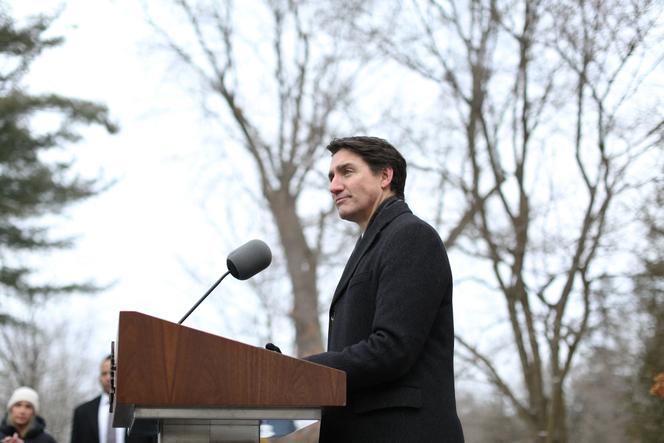


After several months of political turmoil, Canadian Prime Minister Justin Trudeau announced his forthcoming resignation on Monday, January 6, after nine years in power. "I intend to resign as party leader, as prime minister, after the party selects its next leader through a robust nationwide competitive process," the 53-year-old announced from the forecourt of his Ottawa residence, noting that "Parliament has been paralyzed for months." He announced the extension of the parliamentary recess until the end of March – as opposed to the end of January initially – suggesting that a new election could be called in the meantime.
As Geneviève Tellier, professor of social science at the University of Ottawa, explains in an interview with Le Monde, the head of the Canadian government had been hotly contested for several months by the Conservative opposition, but also within his camp, after accumulating missteps and defections.
Justin Trudeau, like his party, is facing growing unpopularity after nine years in power, against the backdrop of Canada's inflation and housing crises. Since the fall of 2023, the Liberal Party has been lagging in the polls. The situation has even worsened, with the Liberals now 20 points behind the main opposition Conservative Party of Canada, led by Pierre Poilievre.
You have 78.64% of this article left to read. The rest is for subscribers only.
